Interview with Dave Maclean from Django Django
Meet Django Django. Maybe you are already well acquainted with the band. If you were, you wouldn’t forget it. The band, with roots in Scotland and London, feature an explosion of different sounds and genres, often all on one song. Their influences and musical twists and turns are fascinating and make for an excellent listen. You can hear all of this on their debut, self-titled record – it is probably the most fun you’ll have listening to a record in quite some time.
Despite being a fun album, it is a good album. The songs are unique, exciting, and catchy. The vocal layers are soothing, while most of the songs will have you tapping your foot or dancing on the table (which is a little awkward at work, I found out). The band – with producer and drummer Dave Maclean, singer and guitarist Vincent Neff, bassist Jimmy Dixon, and synth man Tommy Grace – released a single back in 2009, and then disappeared for awhile. They returned with their debut album earlier this year in the UK, which came out more recently in North America. The album has been shortlisted for the prestigious Barclaycard Mercury Prize for Best UK or Irish album. Not a bad debut!
PeteHatesMusic caught up with Dave Maclean over email to discuss how to describe Django Django’s sound, the influences of The Beta Band, how being a DJ helped with the tracklisting, and where to take the band’s sound next (musically, not physically).
PeteHatesMusic (PHM): Let me start off by saying that your album is quite possibly my favourite album release thus far in 2012. Every media outlet tries to create the most obscure yet entertaining words to describe your music – Cosmic-cowboy, tramp-rock, tribal surf-rock, art-pop, psychedelic rock, and other outlandish descriptions. What are some of the more ridiculous ones you’ve heard or seen?
Dave Maclean (DM): I love reading this kind of thing. Polyphonic rockabilly was my favourite. Just don’t call it ‘folktronica’ or ‘art rock’. Actually, I don’t mind what people call it but the word ‘music’ describes it best.
PHM: You first came onto the music scene when you released a killer single in 2009 (Storm/Love’s Dart)…and then promptly disappeared for 3 years. How many people were screaming at you for career suicide, and how did you know the gap was right for the band?
DM: Ha. No one really. It wasn’t a deliberate thing at all. It had to be done because we didn’t have any other songs or a live band. We should have waited until we’d made a full album and done some gigs but that’s never been our style. We just roll with things and don’t think too much about it. We lived in such a bubble away from any scene or industry that we had no idea of what was expected. We just made songs at the weekends and after work to post on myspace and give to friends.
Django Django – Hail Bop
PHM: Your songs are full of ideas and sounds – how do you do tracklisting for an album that is all over the place?
DM: We did track listing very quickly. Best not to over think it. Just follow your first gut instinct. I’ve been a DJ for a long time and when your working a dance floor you have to make snap decisions on where to take the music and the vibe. So I just treated like that.
PHM: Since your studio songs are complex, you inevitably have to change them in a live setting. Have you ever changed a song live, or discovered a new musical program or sound and wish you can re-do a past track or effect? Or do you just accept what is recorded and have fun with the live versions of the tracks?
DM: The record was made in a bedroom with a very limited range of equipment. It was a lot of fun – lots of layering, effects boxes, messing around. It’s hard to take that to the stage so we didn’t try. We just treat it as a new project. We strip things back, make the rock n roll ones more raw and the dance grooves heavier and longer. That’s the plan anyway but it’s a work in progress. Every song on the LP is now a better song in terms of structure than when the record was made. On one hand that’s frustrating because the LP could have been better had we been playing live longer. But on the other hand, we give people new versions live and we have options to re-record stuff for B-sides. It also give us somewhere to go for LP 2 .
Django Django – Storm
PHM: A lot of your songs have a “maximalist style”, with a lot going on at once. Where do you go for the 2nd record?
DM: Well I think some tracks are more minimal like Love’s Dart and Hand of Man. But yes, most have a lot going on. LP 2 could go in either direction right now. Stripped back, only guitars, no guitars, epic, minimal; we won’t know til we start to mess about with ideas.
PHM: How does the songwriting and editing/producing process work for Django Django? I understand that you play an important role – how important was it for you to self-produce the record?
DM: The ‘production’ comes hand in hand with the music the way that Prince Paul, the Bomb Squad, Joe Meek, Larry Heard, Moroder or Brian Wilson produce. Rather than an outside entity coming in to give you a ‘sound’. So it’s produced as we go along. Decisions are made during the recording not before or after. That way we stay playful and the process stays fresh for us. We will always work in this way because its natural to us. It gives us full control, no one is there to tell us the ‘proper’ way to do things, we just have an idea and try it.
Django Django – Default
PHM: Can we expect a large break between your sophomore record, akin to the gap from your first singles to your album, in part because of all the touring?
DM: No, I don’t think so. It will be made quickly for better or worse. We don’t have day jobs now and we have a label to help us, we have better understanding of recording and mixing, we know our strengths and where we need help so all those things should help.
PHM: There are several sections of your songs that have layer vocals between the band members. Why does this feature somewhat frequently in your songs?
DM: We layered everything up lots to make it sound richer. Also because we recorded it on a cheap mic, we wanted to hide the lo-fi quality behind a wall of sound. Sometimes it works but not always. Again it was just finding ways to sound how we wanted with little experience or money!
PHM: I had the pleasure of catching the Beta Band in Canada many years ago. How much of an influence were Beta Band / John Maclean (note: Dave’s brother) on Django Django, not just musically, but professionally in terms of sustaining a career and your ideals?
DM: Well I guess if you trace me and John’s creative influence back you get to the same thing. Our parents record collection and the fact that they make collages, paintings and sculptures, so we have the same sensibilities when it come to making music. The Beta Band themselves were a huge part of my teenage years. I’d travel around to DJ for them. I even played drums on Inner Meet Me (not the final take however), so it’s really been a huge influence on me. Not that I wanted us to sound like them but it’s in my blood really, so we’ll always have a close sound because were the product of the same environment. Professionally, I think it’s a case of follow your instinct, stick to your guns for better or worse. They left a great legacy as a band, and in 50 years that is all that will matter.
PHM: I won’t ask you how you met or why you chose your band name because that’s interview poison (much like this sentence thus far), but it’s been confirmed that your name was inspired by Django Reinhardt. Just kidding. But with the Quentin Tarantino movie, Django Unchained, coming out soon, do you foresee any chances to hijack his marketing campaign, or even team up with him? I’d LOVE to see you soundtrack one of his movies.
DM: Ha! Well if you’re reading this Q.T….!! The name is kind of taken from the original western Django I guess. I have a love of western films because my dad is a western movie fanatic. My brother is making a western movie right now. I always loved the fact that reggae and dub guys went through this faze or being really into westerns kind of in the same way Wu-Tang are really into kung fu. So its kind of a nod to that. Obviously, we didn’t know at the time Django was being remade but Quentin T is a master of soundtrack selection. I always get his soundtrack LPs, so I’m sure the Django soundtrack will be amazing as usual.
Django Django – Wor
PHM: You’ve made several impressive music videos, which really compliment the songs they are attached to. How much input does the band have for the concepts and how much is left to the director?
DM: Well, we have an idea and we go for it. But to be honest, I’m not mad keen on the ones we have done ourselves (Default and Wor). Wor (note: see above) was made as a bit of a joke, it was tongue in cheek. But I find it hard to watch now! And Default didn’t quite come out as I wanted because it was a compromise. I like some of the ones that were made for us though. It’s just another one of those things, you keep working at ideas and keep moving forward and hope that the next thing always gets better. I’d like to have more time to make videos in the future and see ideas through properly on the next album.
PHM: What Canadian acts have gotten recent spins in the Django Django camp? Please don’t say Nickelback.
DM: Grimes. I love her LP. Other than that, I’m not sure. I never pay attention to where people are from! I like some Drake stuff and his producer T minus. But I’m very fussy with hip hop having grown up with Public Enemy, De La Soul, A Tribe Called Quest, Wu-Tang, etc.
But yeah, I love the freshness of the Grimes album. It’s produced in way that makes it sound like it was fun to make. It’s got sounds on there that remind me of what we called hardcore over here in the early 90s, like early Goldie, Rob Playford, Basement Records, Suburban Base. Music that would become ‘jungle’ in the years to follow. I’m not sure if she’s into that but it just has that vibe for me, which is good because those records were raw and fresh at the time.
PHM: Last question – you have the ears of our readers (not literally, I hope). What bands should PeteHatesMusic readers run out and listen to?
DM: Well like i said, the Grimes album but check out: Addison Groove, Steve Summers, Night Slugs records, Fade to Mind records, Jam City (EPs and LP), Clone Records from Rotterdam, TNGHT, Pearson Sound, Bullion, Egyptian Hip Hop, Metronomy, Tame Impala, Connan Moccasin, Factory Floor, Toy, Race Horses, Gulp, Hot Chip, Tut Vu Vu.
**
Now those are a lot of recommendations! Happy listening, folks. But make sure you check out Django Django first! And I think Dave should check out our Weekend Music segment, as some of his recommendations fit right in.
Don’t be a fool – follow PeteHatesMusic on Twitter and “Like PeteHatesMusic on Facebook” to ensure you don’t miss any more awesomeness that we can provide your life. And perhaps throw us a vote for Best Music Blog in the Canadian Blog Awards.
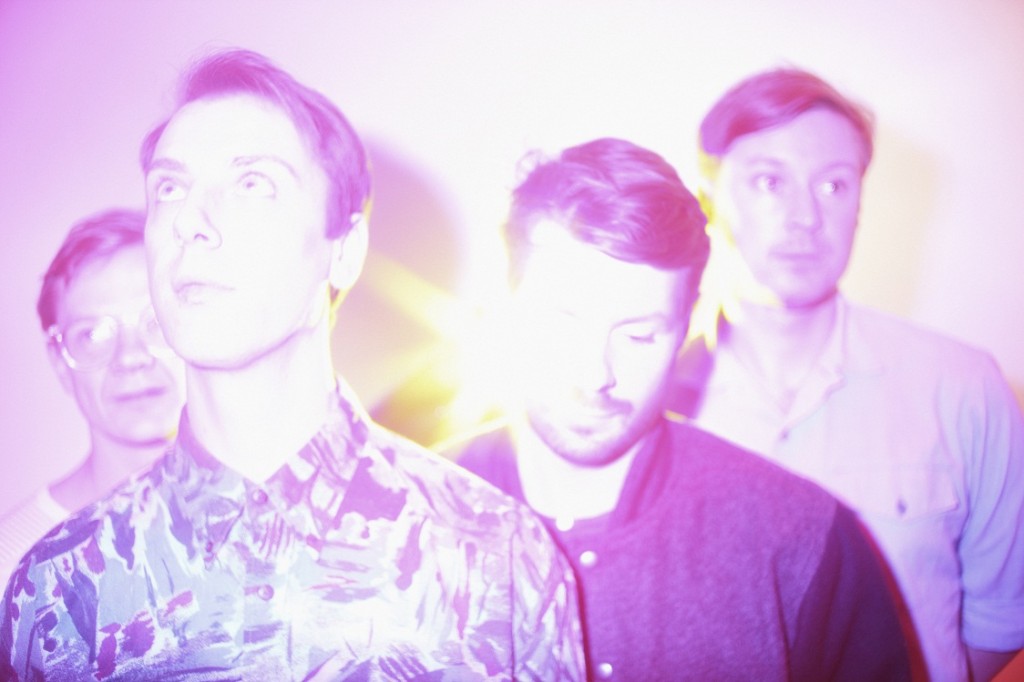
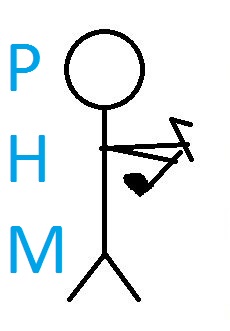
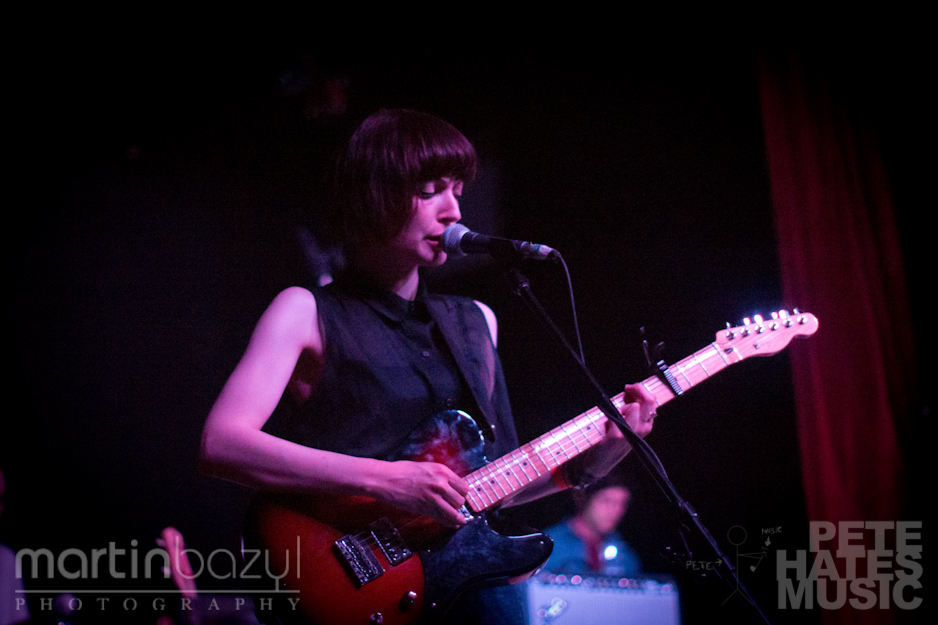
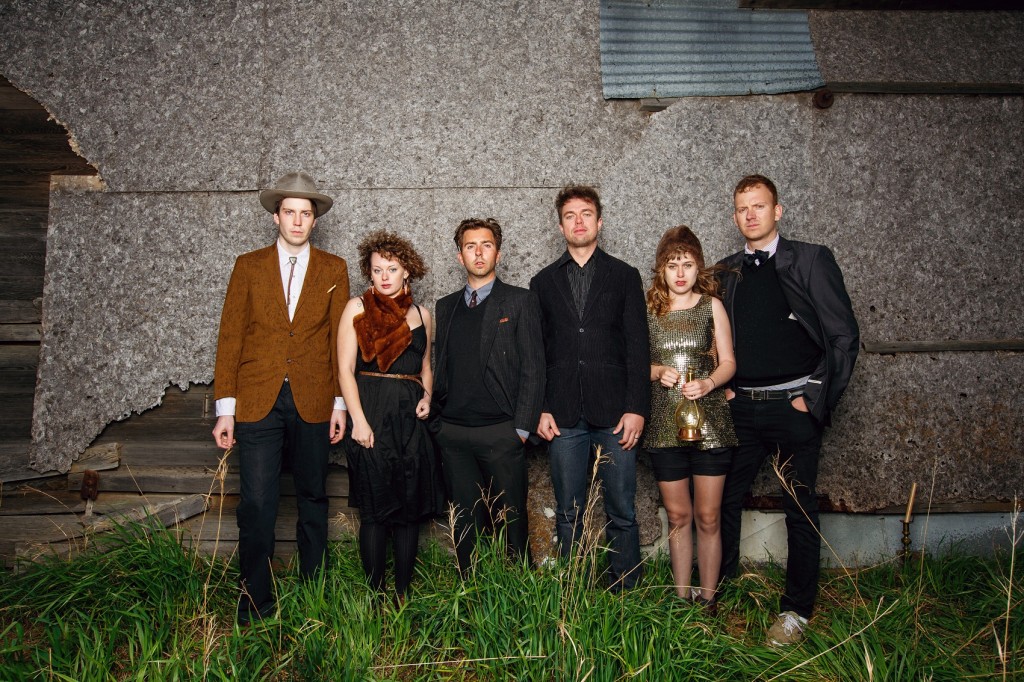
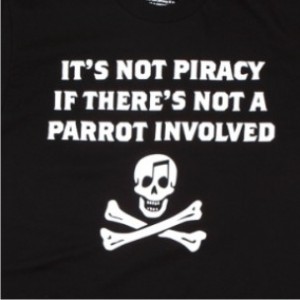
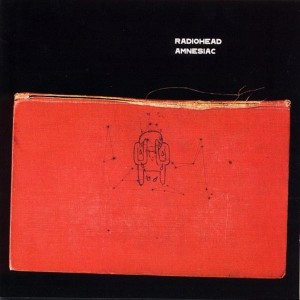
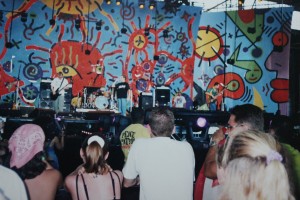
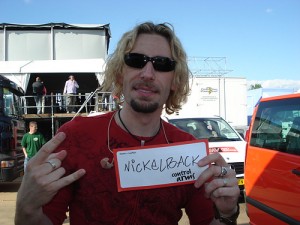
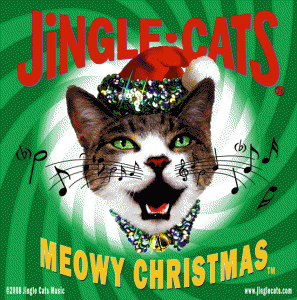
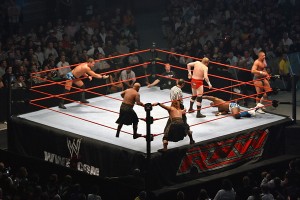
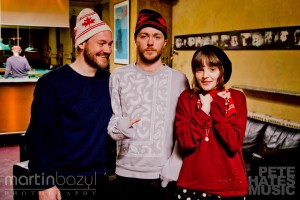

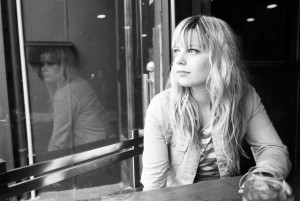
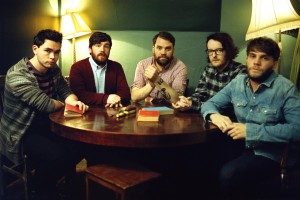
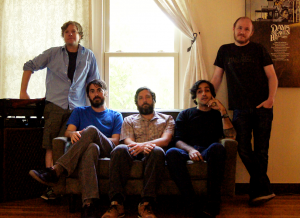
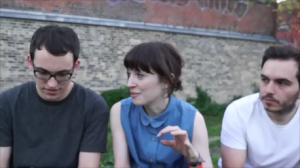

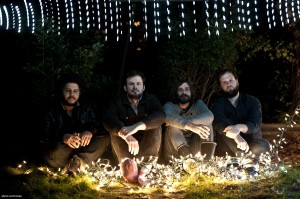

1 Response
[…] nominees (AND PeteHatesMusic interviewees) Django Django had their sales increase 221%, and Michael Kiwanuka’s album was up 125% as […]